
The New Hampshire presidential primary is the first in a series of nationwide party primary elections and the second party contest, the first being the Iowa caucuses, held in the United States every four years as part of the process of choosing the delegates to the Democratic and Republican national conventions which choose the party nominees for the presidential elections to be held in November. Although only a few delegates are chosen in the New Hampshire primary, its real importance comes from the massive media coverage it receives, along with the first caucus in Iowa.
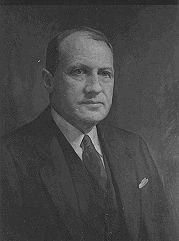
Fred Herbert Brown was an American lawyer, baseball player, and politician from New Hampshire. A member of the Democratic Party, Brown was the 59th governor of New Hampshire and a United States Senator.
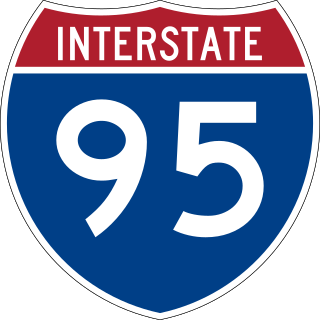
Interstate 95 (I-95) is an Interstate Highway on the east coast of the United States, connecting Florida to Maine. Within the state of New Hampshire, it serves the Seacoast Region and is a toll road named the Blue Star Turnpike or New Hampshire Turnpike. The 16.11-mile (25.93 km) turnpike is maintained by the New Hampshire Department of Transportation (NHDOT) Bureau of Turnpikes and has a single toll plaza near Hampton.

The Libertarian Party of New Hampshire (LPNH) is the New Hampshire affiliate of the national Libertarian Party (LP). Active since its foundation in 1972, it is the third-largest political party in the state having had multiple members elected to the New Hampshire House of Representatives as well as being ballot-qualified multiple times.

Fletcher Hale was an American politician and a United States representative from New Hampshire.

The 2012 United States presidential election in New Hampshire took place on November 6, 2012, as part of the 2012 United States presidential election in which all 50 states plus the District of Columbia participated. New Hampshire voters chose four electors to represent them in the Electoral College via a popular vote pitting incumbent Democratic President Barack Obama and his running mate, Vice President Joe Biden, against Republican challenger and former Massachusetts Governor Mitt Romney and his running mate, U.S. Representative Paul Ryan.

The 2012 New Hampshire Republican presidential primary took place on Tuesday, January 10, 2012. Former Massachusetts Governor Mitt Romney won the primary.
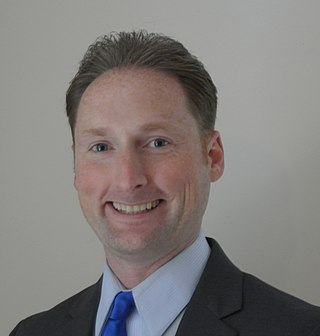
Albert "Max" Abramson is an American politician who most recently served as a member of the New Hampshire House of Representatives, representing Rockingham District 37 from 2018 to 2022. He previously represented the same district from 2014 to 2016. He ran for the nomination of the Libertarian Party for the 2020 presidential election, but dropped out on March 3, 2020.

The 1972 United States Senate election in New Hampshire took place on November 7, 1972. Incumbent Democratic Senator Thomas J. McIntyre won re-election to a third term. Democrats would not win this seat again until 2008. This was the first time Democrats were re-elected to any Senate seat in New Hampshire.

The 1944 New Hampshire Wildcats football team represented the University of New Hampshire in the 1944 college football season. The Wildcats were led by first-year head coach Herbert Snow and completed the season with a record of 1–3. The team played its home games at Lewis Field in Durham, New Hampshire.

The 1938 New Hampshire Wildcats football team was an American football team that represented the University of New Hampshire as a member of the New England Conference during the 1938 college football season. In its second year under head coach George Sauer, the team compiled a 3–6 record, being outscored by their opponents 112–42. Each of the team's six losses was by shutout, including all four home games. The team played its home games at Lewis Field in Durham, New Hampshire.

The 1823 New Hampshire gubernatorial election was held on March 11, 1823.

The 1830 New Hampshire gubernatorial election was held on March 9, 1830.

The 1812 New Hampshire gubernatorial election was held on March 10, 1812.

The 1806 New Hampshire gubernatorial election was held on March 11, 1806.

The 1816 New Hampshire gubernatorial election was held on March 12, 1816.
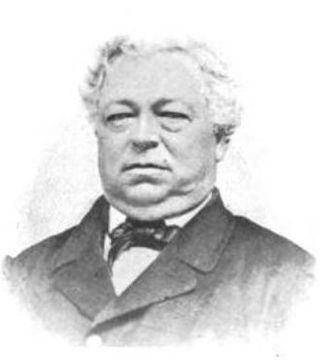
The 1863 New Hampshire gubernatorial election was held on March 10, 1863.

The 1838 New Hampshire gubernatorial election was held on March 13, 1838.
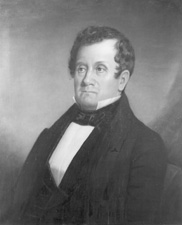
The 1839 New Hampshire gubernatorial election was held on March 12, 1839.

The 1827 New Hampshire gubernatorial election was held on March 13, 1827.



























